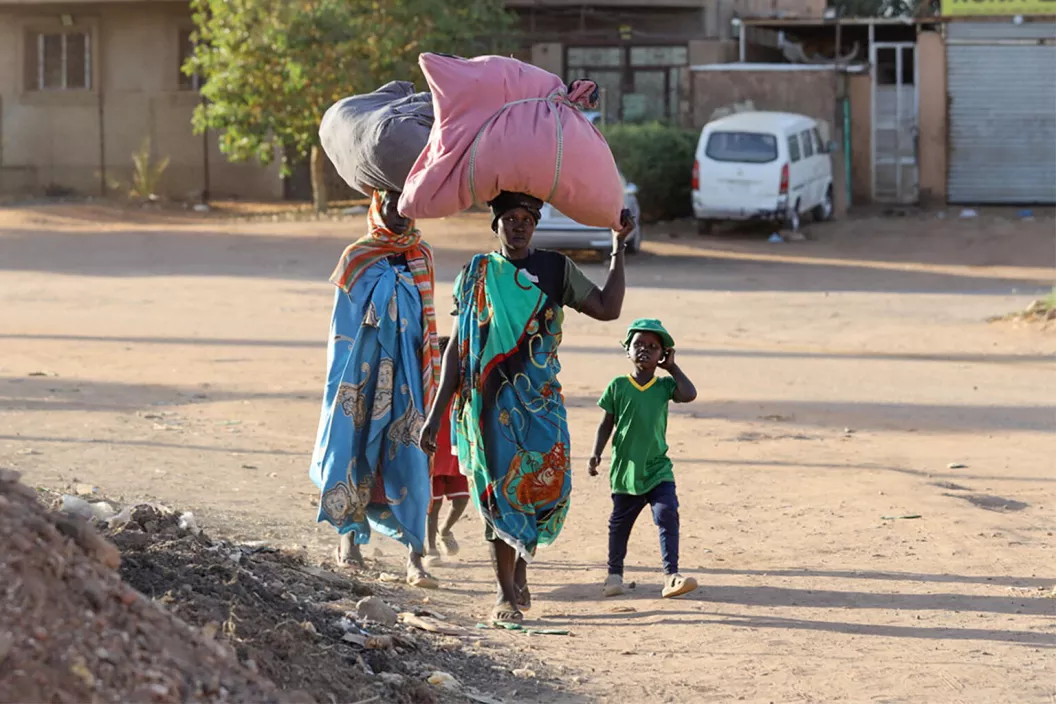The World Health Organization has reported that hunger and disease are spreading in Sudan, with 25 million people suffering from acute food insecurity. Since last July, around 100,000 cholera cases have been recorded, and it is projected that about 770,000 children under the age of five will suffer from severe acute malnutrition this year.
UNICEF’s Regional Director, Edward Beigbeder, who visited Sudan a few months ago, said today:
> “Sudan is the second largest humanitarian crisis in the world after Gaza… It is a forgotten crisis, but a
catastrophic one.”
He added:
> “More than 5 million children have been displaced due to the conflict, forced to leave their homes. Many live in overcrowded camps without sanitation, clean water, healthcare, or education. In total, 25 million people are affected by the conflict and face food shortages — including more than 15 million children in urgent need of assistance. This figure is double what it was in 2022.”
Beigbeder warned that malnutrition rates have reached famine thresholds in some areas. As conditions deteriorate, the spread of diseases — especially cholera in Darfur — is worsening.
> “When cholera and malnutrition combine, the risk of child mortality rises significantly,” he said.
He pointed out that the biggest challenge in Sudan is reaching those in need:
> “Some areas are closed to humanitarian aid.”
He explained that there are logistical challenges due to the size of the country, poor road access, insecurity from ongoing fighting between the government and other factions, and movement restrictions from both sides.
> “These factors hinder the delivery of essential relief operations,” he said.
Beigbeder stressed the need to:
Maintain pressure to ensure humanitarian work is allowed in the areas most in need.
Guarantee delivery of supplies and humanitarian teams, especially to Darfur and Kordofan.
